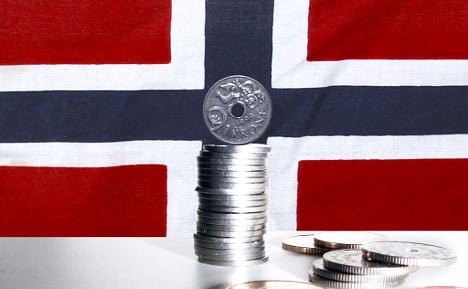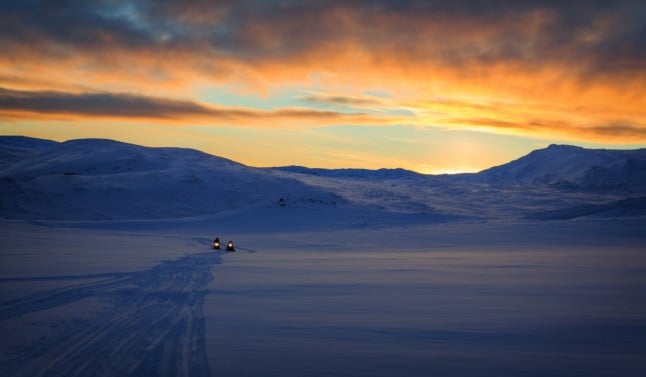Up from an average of 36,700 kroner the year before, the figures released by Statistics Norway excluded overtime pay, while including part-time workers.
Full-time employees earned a cool 39,600 kroner a month, 1,500 kroner more than in 2010, with part-time workers getting paid 31,600 kroner on average, representing an increase of 1,000 kroner or 3.3 percent on the previous year.
Men continued to receive considerably higher wages than women, pocketing a pre-tax average of 40,800 kroner, which was 1,500 kroner, or 3.8 percent more than in 2010. Women in Norway were paid an average of 34,800 kroner a month, up 1,400 kroner, or 4.2 percent, year on year.
Workers in the country’s vast oil and gas industry saw average annual incomes rise by 4.6 percent, from 665,400 kroner in 2010 to 696,100 kroner in 2011.
In the public sector, wages for employees in the municipalities and county municipalities increased by 4 percent to 416,300 kroner, up from 400,200 in 2010.



 Please whitelist us to continue reading.
Please whitelist us to continue reading.
Member comments